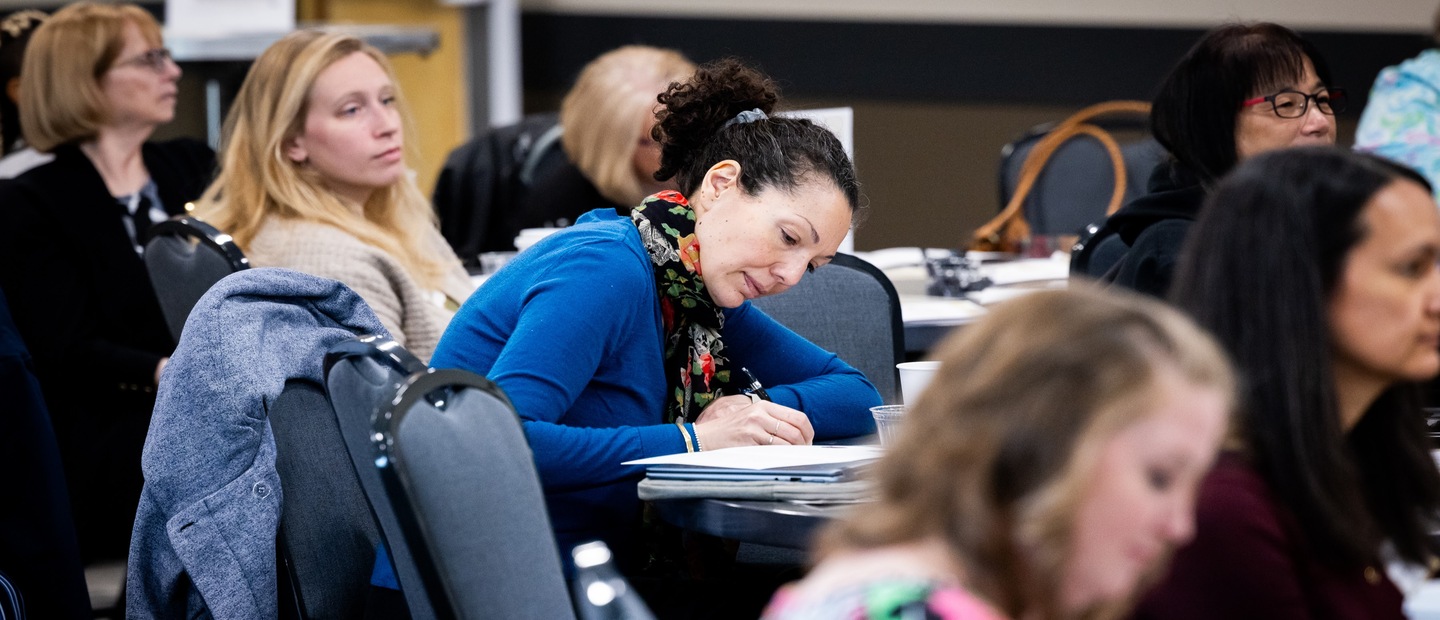
Professional Development Programs
Our professional development programs offer faculty, graduate students, and anyone involved in student learning timely opportunities to cultivate their teaching, engage in meaningful dialogue, and advance their careers. Whether you’re looking for workshops, learning communities, or collaborations, these programs provide support and inspiration.
Our programs thrive when faculty, staff, and students join us in leading these efforts. OU faculty and staff with ideas for programs can contact [email protected].
Workshops and Events
Stay up to date with interactive workshops and events designed to spark new ideas and strengthen teaching practices. From specialized teaching talks to university-wide events, these sessions provide faculty, staff, and graduate students with opportunities to exchange ideas and explore creative approaches. Attend on campus or online, and consider leading a session to share your expertise.
Learning Communities
Join a faculty-led Learning Community to explore a teaching or student success topic over the course of one or two semesters. These small, interdisciplinary groups cultivate collaboration, mentorship, and the exchange of teaching strategies. Faculty are encouraged to propose new Learning Communities at any time, and can receive funding to support their work.
Graduate Student Series
Designed to support graduate students pursuing careers in academia and beyond, our annual four-part series offers guidance on career planning, professional opportunities within the university, and teaching philosophy development. Led by experienced faculty and career experts, these sessions help graduate students build confidence and practical skills for their future careers.
Students as Partners
The Pedagogical Partnerships Program brings faculty and students together to enhance the learning experience through structured collaboration. By providing feedback and working alongside faculty, students gain a voice in shaping their education while faculty refine their teaching approaches. Explore student perspectives and partnership success stories in our workshops, panel events, and video series.
Center for Excellence in Teaching and Learning
100 Library Drive
Rochester, Michigan 48309-4479
(location map)
(248) 370-2751
[email protected]







